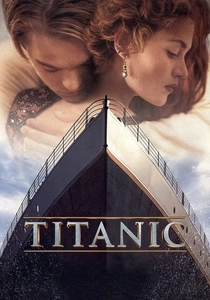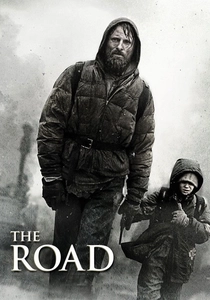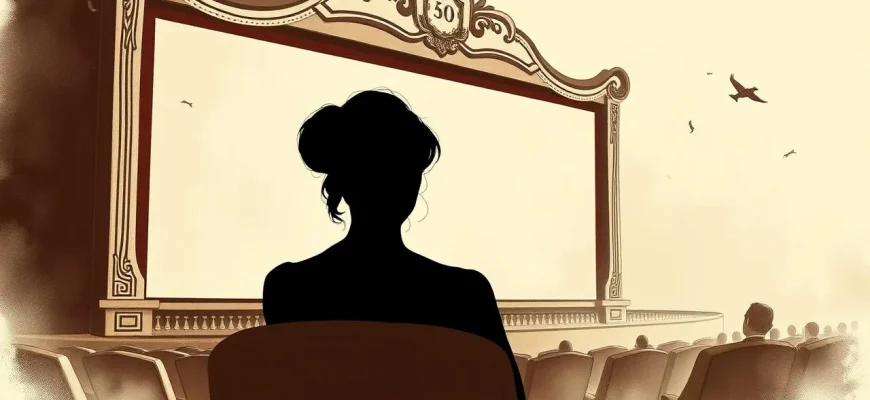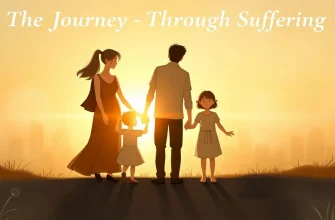Tragedy in cinema has the power to evoke profound emotions, offering viewers a cathartic experience through tales of loss, sacrifice, and the human condition. This curated list of 10 tragic films spans various genres and eras, each providing a unique lens through which we can explore the complexities of life's darker moments. Whether you're drawn to the heart-wrenching drama, the poignant storytelling, or the unforgettable performances, these films will leave a lasting impact, reminding us of the fragility and beauty of life.

Sophie's Choice (1982)
Description: This film, based on William Styron's novel, deals with the aftermath of the Holocaust, focusing on a Polish immigrant's traumatic past and the impossible choice she was forced to make.
Fact: Meryl Streep won an Academy Award for Best Actress for her role as Sophie, delivering one of the most emotionally charged performances in cinema history.
 Watch Now
Watch Now 
Schindler's List (1993)
Description: This Steven Spielberg masterpiece recounts the true story of Oskar Schindler, a German businessman who saved over 1,000 Jewish refugees during the Holocaust by employing them in his factories.
Fact: The film was shot in black and white to give it a documentary-like feel, with the exception of a few scenes where color is used symbolically.
 Watch Now
Watch Now 
Titanic (1997)
Description: This epic romance and disaster film intertwines the love story of Jack and Rose with the real-life tragedy of the RMS Titanic's sinking, making it a poignant tale of love against all odds.
Fact: The film was the first ever to be released on video while it was still being shown in theaters. It also won 11 Academy Awards, tying the record for the most Oscars won by a single film.
 Watch Now
Watch Now 
The Green Mile (1999)
Description: Based on Stephen King's novel, this film explores themes of innocence, justice, and the supernatural, centered around a death row guard's relationship with a gentle giant who possesses miraculous powers.
Fact: The film's title refers to the green linoleum that covers the floor of death row, symbolizing the path prisoners take to their execution.
 Watch Now
Watch Now 
Requiem for a Dream (2000)
Description: This harrowing film delves into the lives of four individuals spiraling into addiction, showcasing the devastating effects of drug abuse and the pursuit of dreams that turn into nightmares.
Fact: The film's score by Clint Mansell, particularly the "Lux Aeterna" theme, has become iconic and is often used in other media to signify impending doom.
 Watch Now
Watch Now 
The Pianist (2002)
Description: Based on the autobiography of Władysław Szpilman, this film follows a Polish-Jewish pianist's struggle for survival during the Holocaust, highlighting the resilience of the human spirit.
Fact: Adrien Brody, who played Szpilman, learned to play the piano and lost significant weight to portray the character's physical decline accurately.
 Watch Now
Watch Now 
Atonement (2007)
Description: A story of love, guilt, and the consequences of a young girl's lie, "Atonement" spans decades, exploring how a single moment can alter the course of many lives.
Fact: The famous five-minute continuous shot on Dunkirk beach was achieved with the help of a hidden camera on a truck, moving through the chaos of the evacuation.
 Watch Now
Watch Now 
The Road (2009)
Description: In a post-apocalyptic world, a father and son journey through a desolate landscape, facing starvation, cannibals, and the loss of hope, showcasing the lengths a parent will go to protect their child.
Fact: The film was shot in various locations to capture the bleakness of the setting, including the abandoned Six Flags New Orleans theme park.
 Watch Now
Watch Now 
The Boy in the Striped Pyjamas (2008)
Description: This film, set during World War II, tells the story of an unlikely friendship between the son of a Nazi commandant and a Jewish boy in a concentration camp, highlighting the innocence of children amidst the horrors of war.
Fact: The film was adapted from John Boyne's novel, which was inspired by a visit to the Holocaust Museum in Los Angeles, where Boyne was moved by the stories of child victims.
 Watch Now
Watch Now 
The Fault in Our Stars (2014)
Description: This adaptation of John Green's novel tells the story of two teenagers with terminal illnesses who fall in love, offering a poignant look at life, love, and the inevitability of death.
Fact: The film's title is a reference to a line from Shakespeare's "Julius Caesar," reflecting the theme of fate and its impact on our lives.
 Watch Now
Watch Now 








